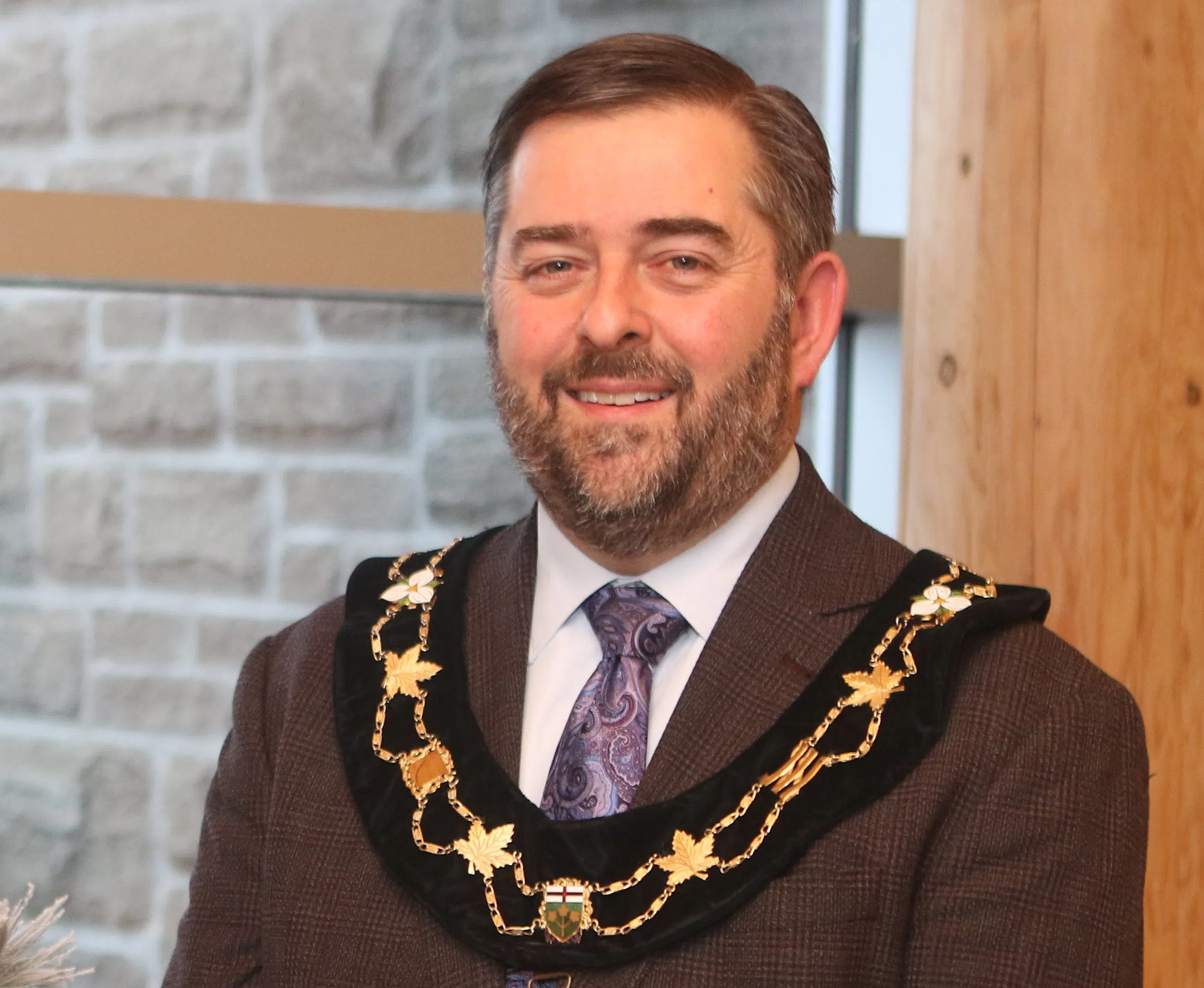
Access to “strong mayor powers” could come into effect May 1 in another 169 municipalities – including in Brighton – but Mayor Brian Ostrander isn’t anticipating residents will notice much change if so.
The Ontario government announced its proposal on April 9, saying the significant expansion will help municipalities with the tools to deliver on provincial and municipal priorities, including when it comes to encouraging approvals of new housing, and constructing and maintaining infrastructure to support housing, including under roads, transit, and more.
“Locally, I’ve had a conversation with our CAO – we’re certainly going to bring the letter informing our municipality that the ‘strong mayor powers’ will be in effect as of … May 1 in Brighton (to the table), and what that means for Brighton, what the opportunities are (and) what the challenges might be,” Ostrander told MBC.
However, he also told MBC he doesn’t anticipate much change in light of the announcement.
“We’re doing a pretty good job moving development along in Brighton,” continued Ostrander. “I’m not seeing any barriers to that, and the one time we … said ‘no’ to a development, we were unanimous in that decision, so I’m not going to then reverse the unanimity of my council … by vetoing it …”
Ostrander did note a sit-down still needs to occur with CAO Elana Arthurs to better understand the situation, and what potential tools/benefits there could be.
“So there’s no sudden who wears the crown methodology going on here,” added Ostrander. “I will continue to do what I’ve always done and collaborate with my fellow council members and staff.”
The province’s proposal also impacts nearby communities like Quinte West, the County of Prince Edward, Cobourg, Port Hope, and Trent Hills. The latest expansion is targeted at heads of council of single- and lower-tier municipalities with councils of six members or more.
Meanwhile, 47 heads of council already have strong mayor powers in the province.
Several area leaders have expressed similar sentiments around continued collaboration following the provincial announcement, including in Cobourg and Port Hope.
Ontario is proposing the expansion take effect May 1, 2025.
“Heads of council are key partners in our efforts to build homes and infrastructure across the province,” said Minister of Municipal Affairs and Housing Rob Flack, in a recent release. “By extending strong mayor powers to these additional municipalities, we are providing mayors (with) every tool at our disposal to empower them to get homes and infrastructure built faster.
“Mayors know their municipalities best and we support them in taking bold actions for their communities.”
Ontario initially introduced strong mayor powers in Toronto and Ottawa in 2022, gradually rolling out the powers since.
According to the province, some examples of the “powers” include:
- Choosing to appoint the municipality’s chief administrative officer.
- Hiring certain municipal department heads and establishing and re-organizing departments.
- Creating committees of council, assigning their functions and appointing the chairs and vice-chairs of committees of council.
- Proposing the municipal budget, which would be subject to council amendments and a separate head of council veto and council override process.
- Proposing certain municipal bylaws if the mayor is of the opinion that the proposed bylaw could potentially advance a provincial priority identified in regulation. Council can pass these bylaws if more than one-third of all council members vote in favour.
- Vetoing certain bylaws if the head of council is of the opinion that all or part of the bylaw could potentially interfere with a provincial priority.
- Bringing forward matters for council consideration if the head of council is of the opinion that considering the matter could potentially advance a provincial priority.
More information on the powers and duties is accessible online. The proposal has also been posted on Ontario’s Regulatory Registry until April 16, 2025.
(Written by: Sarah Hyatt)
